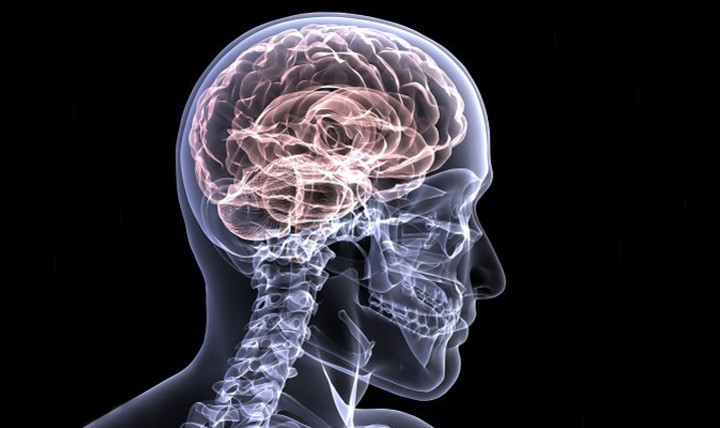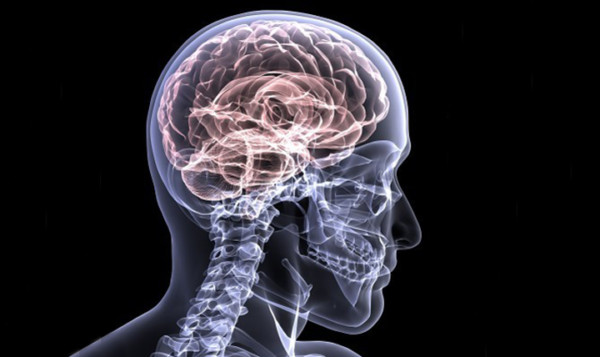Vitamins and Dementia
Dementia is a term which is used to describe the overall decline in a person’s mental ability that is severe enough to interfere with their daily life. While the causes of Dementia are not fully understood, there has been research that suggests vitamin deficiencies can have an effect on the brain.
Vitamin B-12
Vitamin B-12 is a water-soluble vitamin that plays an essential role in the production of the red blood cells and DNA. It also greatly contributes to the proper functioning of the nervous system.
This vitamin is primarily abundant in animal-based foods. Our bodies cannot produce B-12, therefore taking a supplement daily will help increase your energy levels, improve your memory, and help prevent heart disease. B-12 can also support bone health, reduce your risk of Macular Degeneration and prevent the of loss of neurons, known as brain atrophy, which is associated with memory loss or dementia. Studies have shown that even after an early diagnosis of dementia, taking B-12 can slow mental decline.
Magnesium
Magnesium is important for regulating muscles and nerve function, as well as blood pressure, and blood sugar levels. The body also uses magnesium for making protein, and to regulate the receptors in the brain, bones and DNA. Aging is a risk factor for low levels of magnesium so seniors usually require more magnesium in their diet. Often, supplements of magnesium are an important addition.
Recent studies have shown low magnesium levels, as well as high magnesium levels, may put people at risk for dementia. It is important to maintain a healthy balance of magnesium by consuming plant based foods such as vegetables, beans, peas, grains, soy, nuts and fruits such as bananas.
Turmeric
This supplement has been used for centuries for treatment of arthritis, inflammation, skin health, and it can also reduce depression symptoms and help treat and prevent certain cancers.
Practitioners have prescribed turmeric for centuries. In Asian populations, the rate of Alzheimer’s is significantly lower. Could that be due to their use of turmeric as a spice? A chemical found in turmeric has shown to have anti-oxidant, anti-inflammatory and anti-amyloid properties. Research is currently on going to see just how these chemicals affect the brain and if they can effectively improve brain function. In animal studies, it has been seen to stimulate stem cells to make new brain cells. This could be a great find in the dementia world.
Resveratrol
Resveratrol is a group of compounds called polyphenols. They act like antioxidants protecting the body against damage that can put your body at a higher risk for cancer, heart disease and dementia. It is thought to protect the nerve cells from damage and fight plaque buildup in the brain that can lead to Alzheimer’s.
This compound tends to be concentrated mostly in the skins and seeds of grapes and berries. These parts of the grape are included in the fermentation of red wine. Research that has been done on resveratrol with animals has shown great promise. Of the limited research in humans that focused on the supplement forms of the compound, it was found that the supplement contains a greater concentration than what you could get through food consumption.
As we progress in our Dementia research consider the health benefits from the vitamins mentioned above and speak to your physician concerning them and other supplementation and diet.






